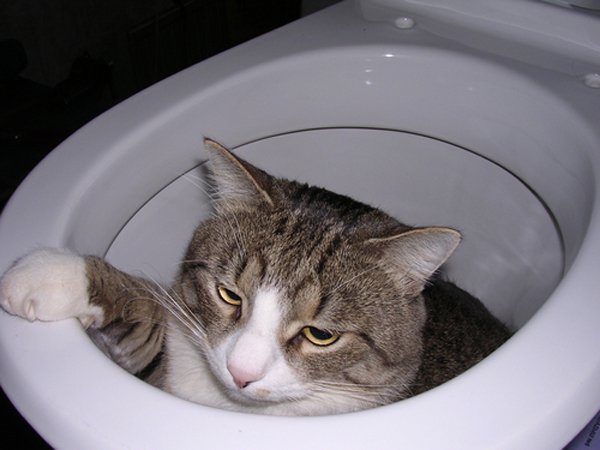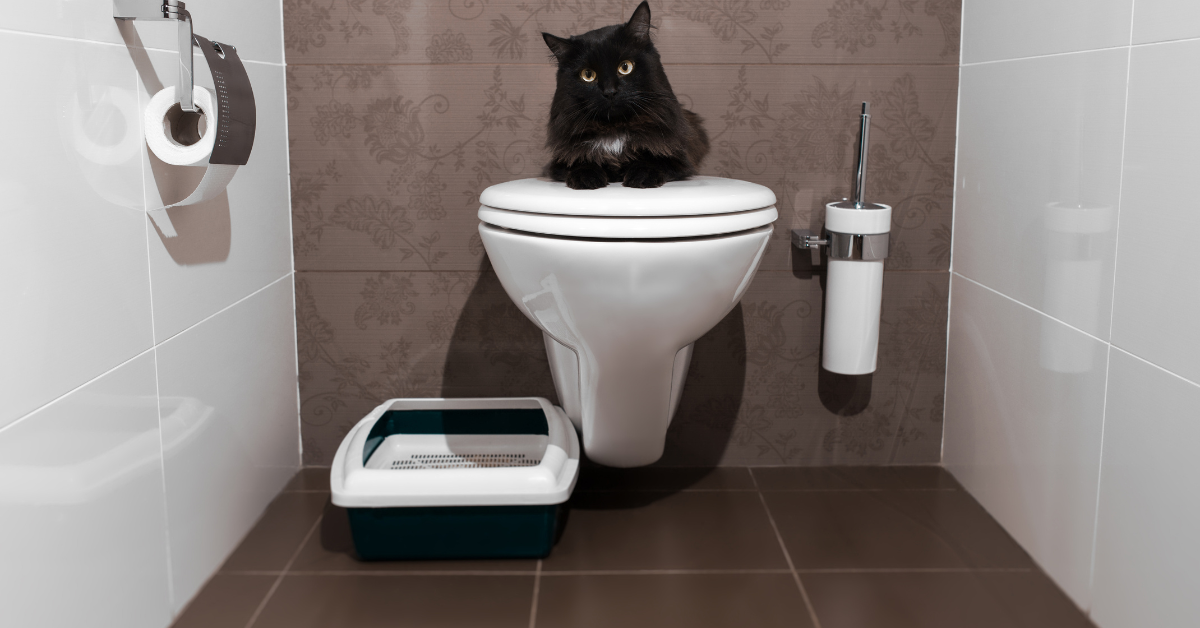Reasons Why You Have to Never Get rid of Animal Waste Down the Toilet
Reasons Why You Have to Never Get rid of Animal Waste Down the Toilet
Blog Article
We've stumbled on this post on 4 Reasons Why Dog Poop Cleanup is Important directly below on the net and felt it made perfect sense to write about it with you on this site.

When it comes to dealing with waste, especially animal waste, lots of people frequently turn to the convenient choice of flushing it down the bathroom. Nevertheless, this seemingly simple option can have serious effects for the environment and public health. In this short article, we'll discover why flushing animal waste down the commode is a negative idea and supply different approaches for proper disposal.
Intro
Appropriate garbage disposal is critical for keeping environmental sustainability and public health. While it may seem safe to flush animal waste down the commode, it can bring about different issues, both for the setting and human wellness.
Risks of flushing animal waste
Ecological influence
Flushing animal waste introduces harmful germs and pathogens into rivers, which can negatively impact aquatic communities. These microorganisms can pollute water resources and harm marine life, interfering with delicate ecological communities.
Public health concerns
Animal waste consists of damaging bacteria such as E. coli and Salmonella, which can posture significant health and wellness dangers to human beings. Flushing animal waste down the bathroom can infect water supplies, resulting in the spread of illness and infections.
Alternatives to flushing
As opposed to flushing animal waste down the commode, there are numerous alternative disposal methods that are more environmentally friendly and hygienic.
Composting
Composting pet waste is an environmentally friendly way to get rid of it. By composting, organic matter is broken down into website nutrient-rich soil, which can be utilized to fertilize gardens and plants.
Garbage dump disposal
Dealing with animal waste in a land fill is one more choice. While not as environmentally friendly as composting, it is a more secure alternative to flushing, as it stops the contamination of water sources.
Pet dog waste disposal systems
There are specialized family pet waste disposal systems readily available that safely and hygienically throw away animal waste. These systems commonly use enzymes to break down waste and eliminate odors.
Actions to correct animal waste disposal
To make certain proper disposal of animal waste, comply with these actions:
Scooping and bagging waste
Frequently scoop and bag pet waste using naturally degradable bags. This protects against waste from polluting the atmosphere.
Utilizing assigned waste containers
Dispose of bagged pet waste in designated waste containers, such as compost bins or landfill bins. Prevent flushing it down the commode whatsoever expenses.
Cleaning litter boxes and pet locations routinely
Regularly tidy can and animal locations to avoid the buildup of waste and germs. Use pet-safe cleaning products to keep health.
Benefits of correct disposal approaches
Adopting appropriate disposal methods for pet waste offers numerous benefits:
Lowered environmental pollution
Proper disposal approaches reduce the danger of environmental pollution, protecting rivers and ecosystems from contamination
Minimized danger of water contamination.
By staying clear of flushing pet waste down the toilet, the risk of water contamination is dramatically reduced, protecting public health.
Enhanced cleanliness and health
Proper disposal methods promote better sanitation and hygiene, creating a safer environment for both humans and pets.
Verdict
Finally, flushing pet waste down the toilet is harmful to the setting and public health. By taking on alternate disposal methods and following correct waste monitoring methods, we can minimize the adverse impact of animal waste and contribute to a cleaner, much healthier planet.
What To Do With Dog Poo – The Do's And Don'ts Of Disposing Of Faeces
Dog poo bins
Some councils provide dedicated dog waste bins in popular dog-walking areas that can take dog poo that has been bagged but you can legally dispose of dog waste in any public litter bin, as long as it is securely bagged. This also applies to your wheelie bin at home.
Do not flush
Water companies do not recommend flushing dog faeces down the toilet because certain parasites can survive the water processing treatment and are potentially harmful to humans. You should also never consider flushing dog poo that has been bagged down the toilet as the bags will not break down and instead create severe blockages in the sewage system.
In the woods
The Forestry Commission promotes a ‘stick and flick’ method for dealing with waste in the woods. This means finding a stick and using it to flick any poo from off the path so that it is out of the way of other walkers. You could also bury it as long as it is not in an area where there might be livestock.
Livestock
Parasites found in dog poo can be transmitted to livestock if they inadvertently eat infected faeces that has been left on grazing land. This could result in the death of sheep or abortion in cattle so you should always make sure you pick up your dog’s waste in fields where livestock could be present.

Regularly tidy can and animal locations to avoid the buildup of waste and germs. Use pet-safe cleaning products to keep health.
Benefits of correct disposal approaches
Adopting appropriate disposal methods for pet waste offers numerous benefits:
Lowered environmental pollution
Proper disposal approaches reduce the danger of environmental pollution, protecting rivers and ecosystems from contamination
Minimized danger of water contamination.
By staying clear of flushing pet waste down the toilet, the risk of water contamination is dramatically reduced, protecting public health.
Enhanced cleanliness and health
Proper disposal methods promote better sanitation and hygiene, creating a safer environment for both humans and pets.
Verdict
Finally, flushing pet waste down the toilet is harmful to the setting and public health. By taking on alternate disposal methods and following correct waste monitoring methods, we can minimize the adverse impact of animal waste and contribute to a cleaner, much healthier planet.
What To Do With Dog Poo – The Do's And Don'ts Of Disposing Of Faeces
Dog poo bins
Some councils provide dedicated dog waste bins in popular dog-walking areas that can take dog poo that has been bagged but you can legally dispose of dog waste in any public litter bin, as long as it is securely bagged. This also applies to your wheelie bin at home.
Do not flush
Water companies do not recommend flushing dog faeces down the toilet because certain parasites can survive the water processing treatment and are potentially harmful to humans. You should also never consider flushing dog poo that has been bagged down the toilet as the bags will not break down and instead create severe blockages in the sewage system.
In the woods
The Forestry Commission promotes a ‘stick and flick’ method for dealing with waste in the woods. This means finding a stick and using it to flick any poo from off the path so that it is out of the way of other walkers. You could also bury it as long as it is not in an area where there might be livestock.
Livestock
Parasites found in dog poo can be transmitted to livestock if they inadvertently eat infected faeces that has been left on grazing land. This could result in the death of sheep or abortion in cattle so you should always make sure you pick up your dog’s waste in fields where livestock could be present.

I am just very interested by Should you flush animal waste down the toilet and I'm hoping you liked the entire piece. Be sure to take the time to share this blog posting if you enjoyed it. Thank you so much for going through it.
Book Instantly Report this page